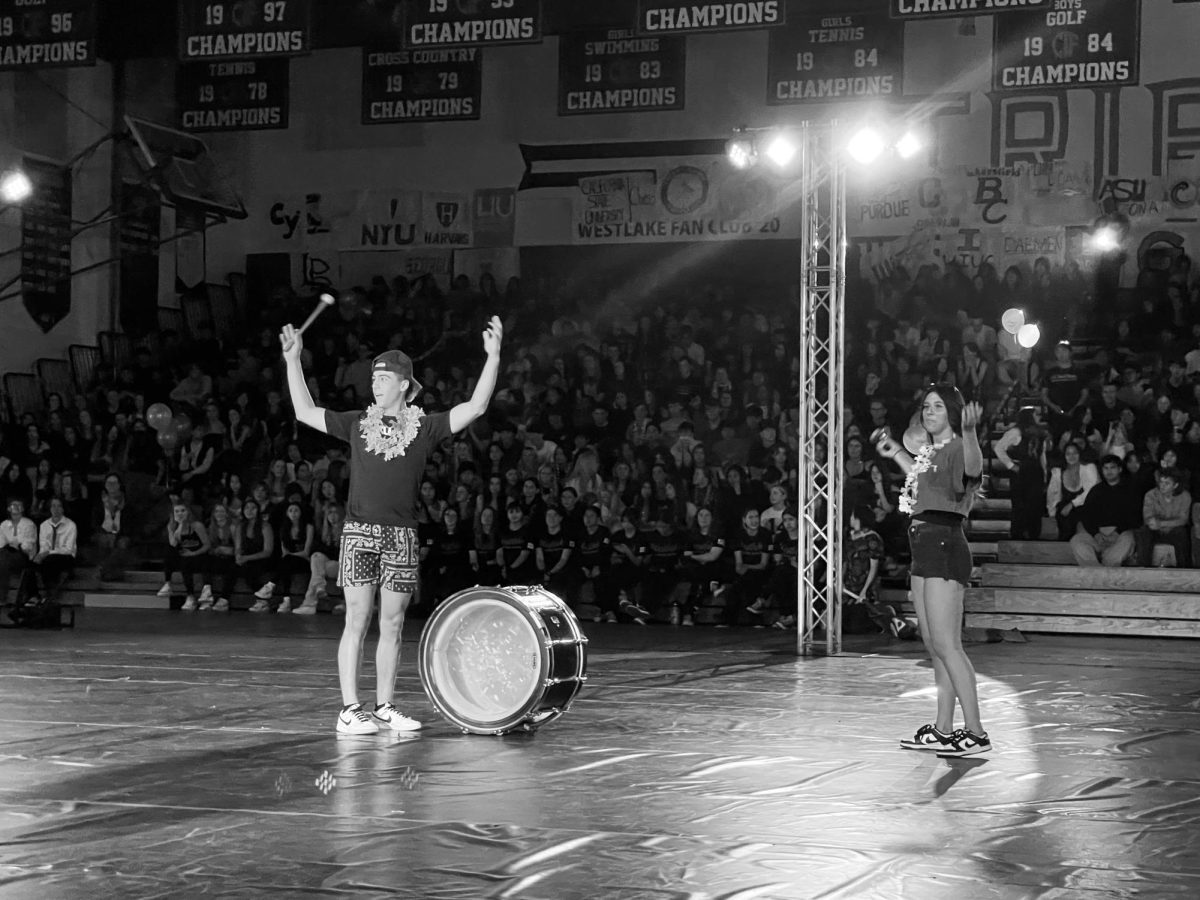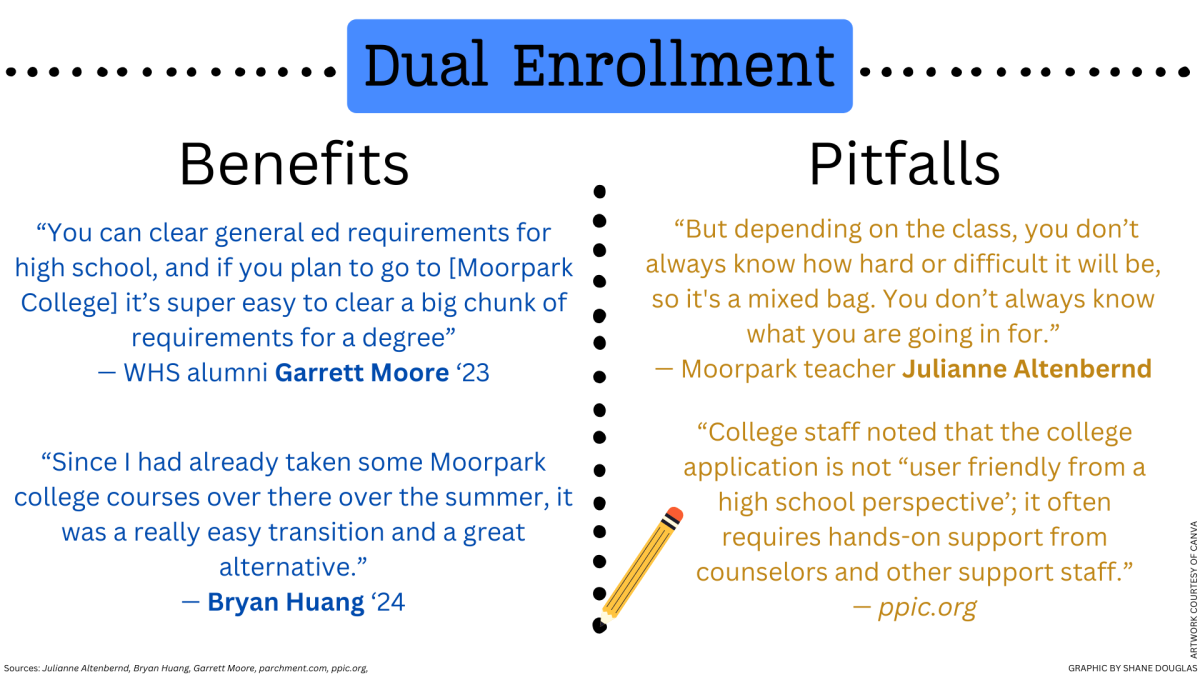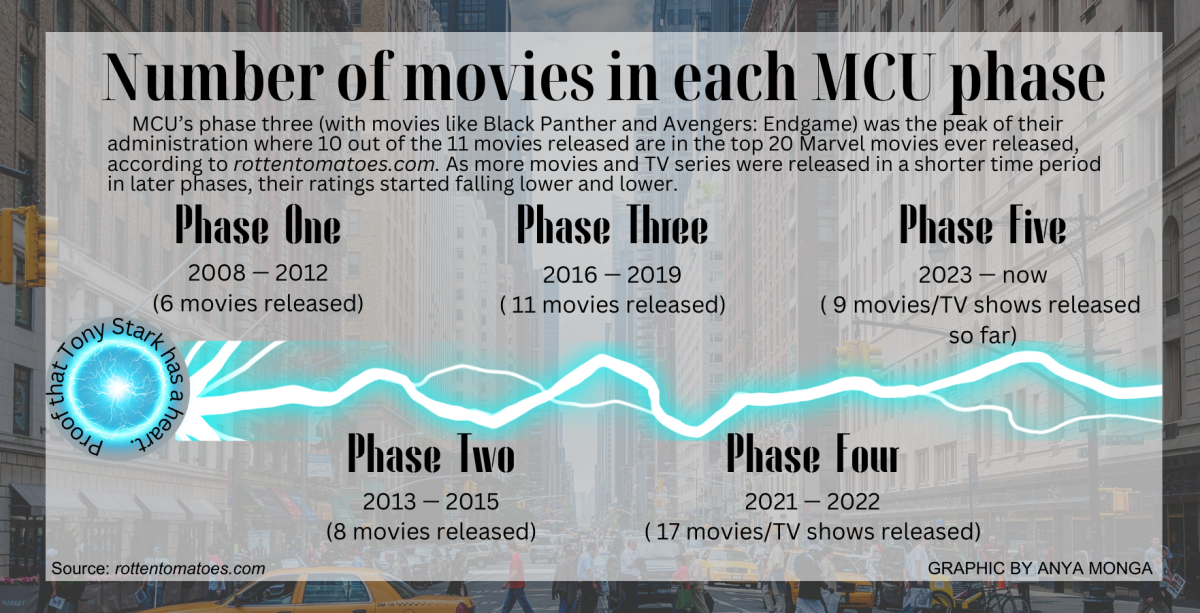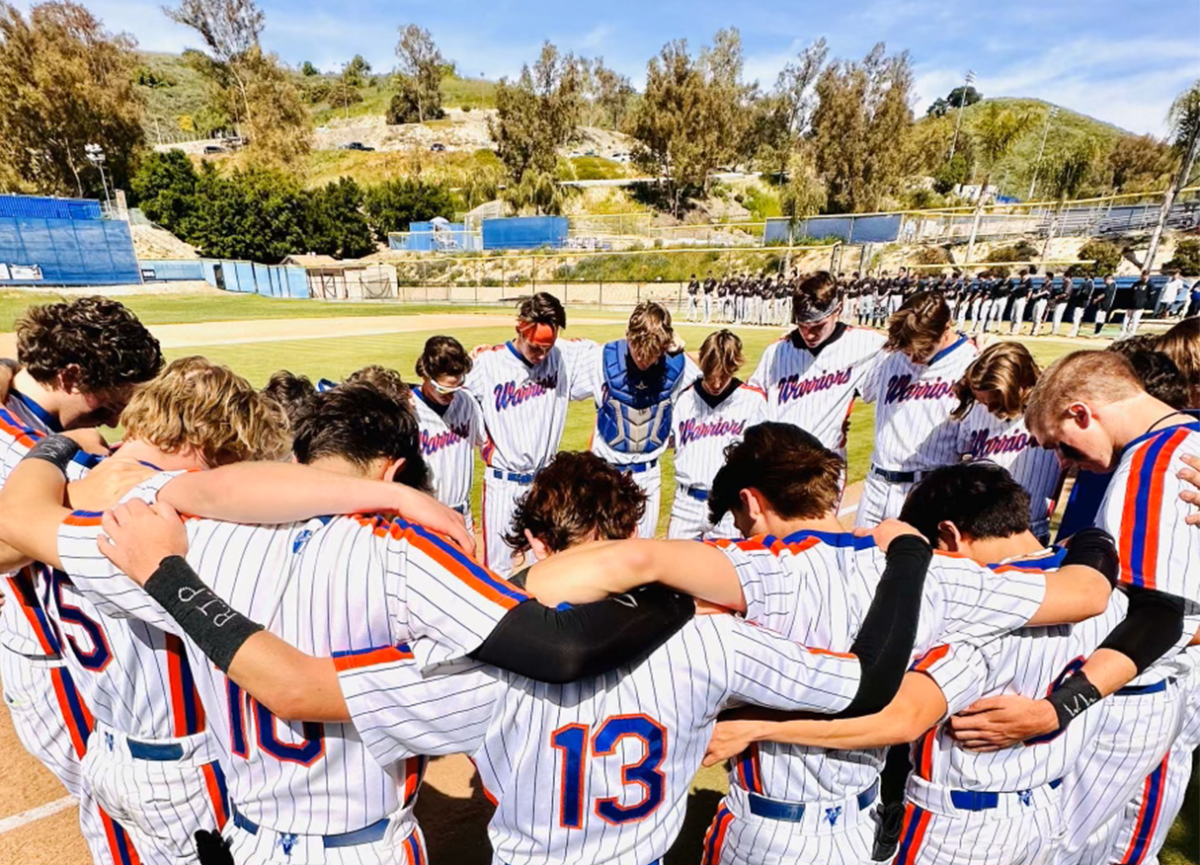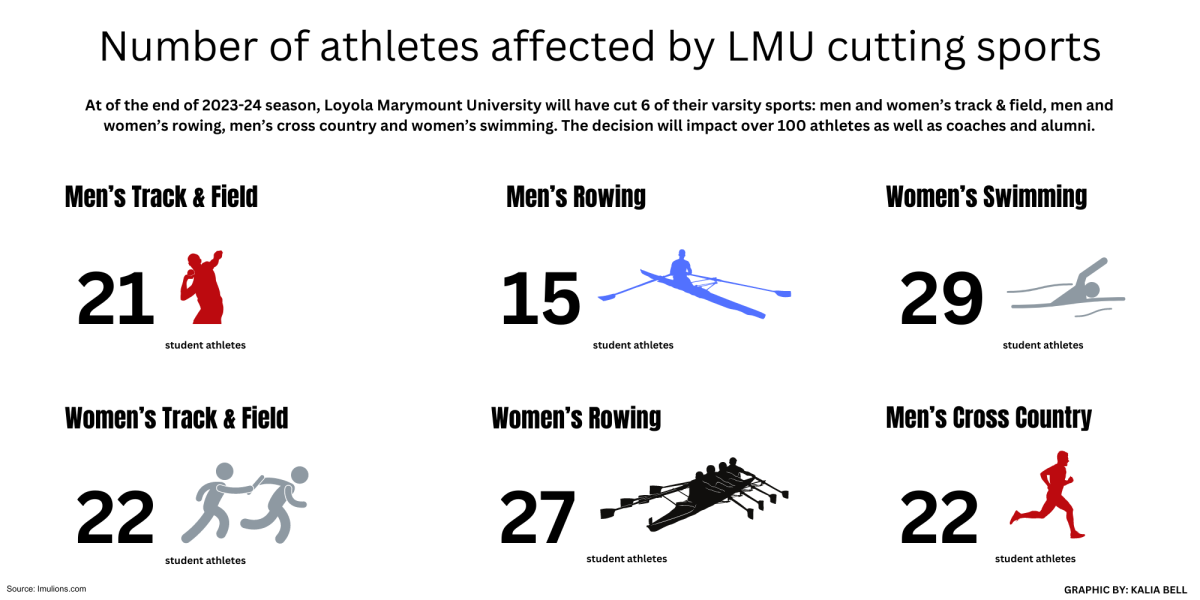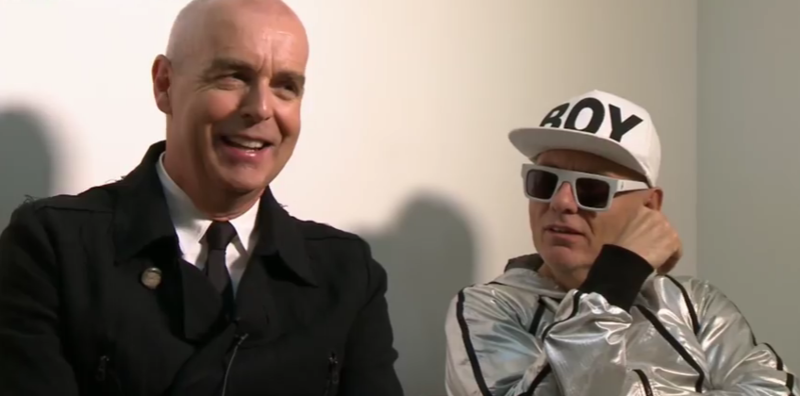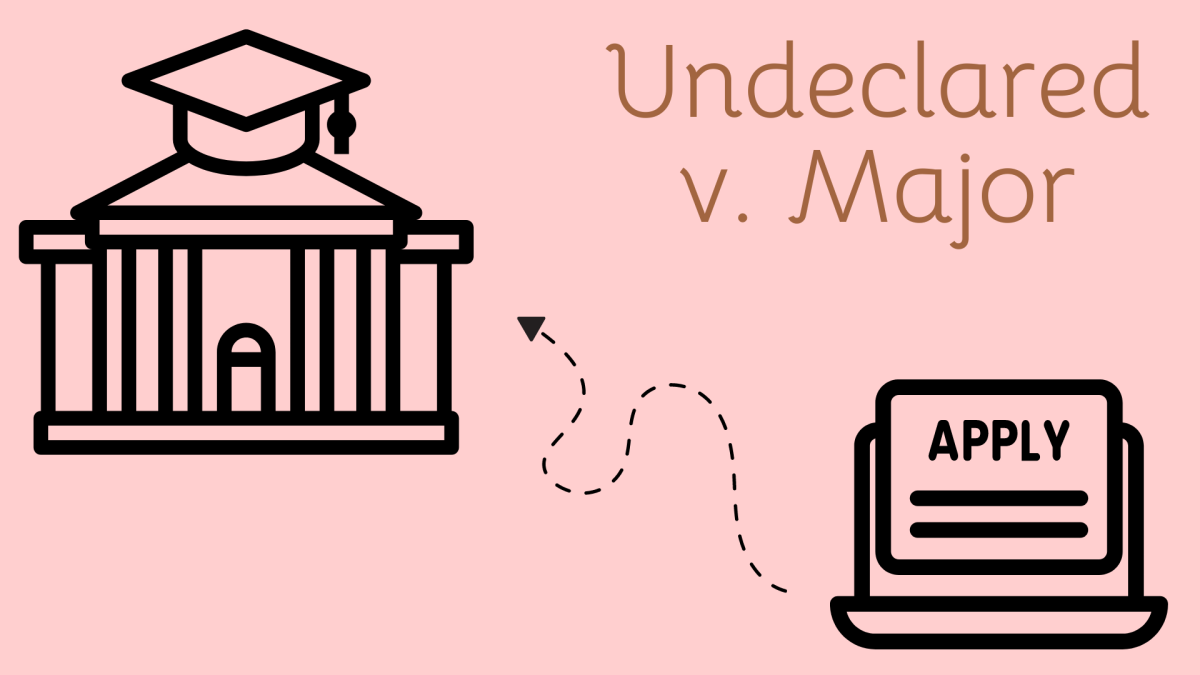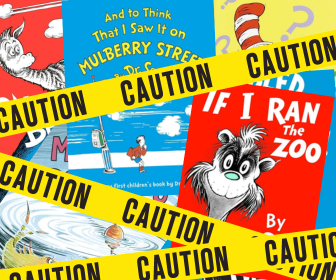With the recent and possible biggest college scandal to ever occur, Operation Varsity Blues has shed light on the privilege that wealthy people have to put their children farther in life, namely in college admissions to world-renowned institutions. However, this has always been the case. Rich parents can send their rich children to go to rich schools to get a job where they will continue to be rich. It’s happening now, with socialites Olivia and Isabella Giannulli and mother Lori Loughlin, as well as in the past, namely current Senior Advisor to President Trump Jared Kushner and his father Charles Kushner. Nepotism, money and fame can do a lot for children who don’t deserve it, and it has been happening since America existed.
But the new phenomena that also is coming to light is the desperation that colleges have with money. They’ve always needed money to thrive, to pay for the most well-known professors, to invite the top researchers and so on. It’s always been a numbers game and most people haven’t realized it: as my classmates and I are beating ourselves down in order to receive the highest grades and standardized test scores, in hopes of possibly being accepted at a nice-sounding school, especially the Ivy Leagues, we are looked at by admissions as numbers and whether we can pay for the school in question, which, as we are mainly from middle-class families, isn’t necessarily possible.
Colleges can’t create success, especially when they are acutely flawed as well. That “holistic approach” colleges take to accept students not only takes into account an applicant’s extracurriculars as well as a student’s grades, but also takes into account the student’s need for financial aid as well as poorer grades. Therefore, if a student doesn’t need potential for success to get into a selective school, then who’s to say that someone who cannot attend that said school, instead choosing to attend a lesser school will have less of a chance to achieve success in the future? It’s not the name of the school that invites a good future, but the student themselves.
As for the current scandal involving Olivia Giannulli and her bribing her way into University of Southern California, this also speaks levels to which the rich will do to get what they want, how they want it. Although Giannulli could have chosen a lesser-known, less rigorous school that might fit more with her academic prowess such as Arizona State University mentioned in the court documents, Loughlin decided that a school “other than ASU” would be what the Giannulli should attend. This fact questions the value of the degree that an unqualified student would get at a well-known school compared to a qualified student with a diploma from the same school.
Thus, what is the point of attending a school based on the name of the college? After all, if a student gets accepted to a school based on financial reasons, it does not necessarily mean that the student is able to keep up with the workload at the school. If colleges are supposed to be a preparation for a career afterwards, then the fact that underqualified students can attend these schools means that colleges may not be necessary for career preparation, besides the requirements of some jobs to have a degree. However, with the overall lack of job openings currently, it seems more efficient to rather just bypass college altogether and go into the workforce. College doesn’t determine success, but experience can. While colleges teach material that are easily forgotten by students after midterms and finals, internships and vocational school directly prep students for their chosen career.
“Too many universities have lowered standards and reduced their workload, making the college degree a less valuable signal to employers about who they are hiring. In turn, more students have come to believe they must earn a graduate degree to attract the attention of employers,” says Washington Post Opinion columnist Steven Pearlstein.
In the end, students should consider what a college education would do for them. After all, if you end up going to a school based on other influences rather than your own will and need, then you might also end up getting your hair sponsorship revoked for going too far to get in.





